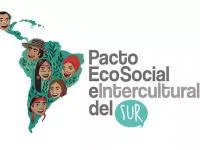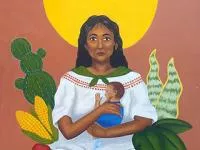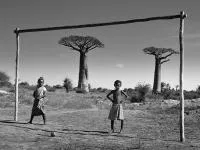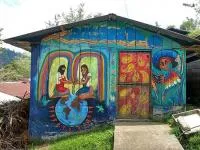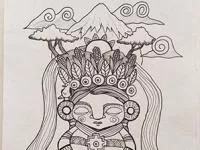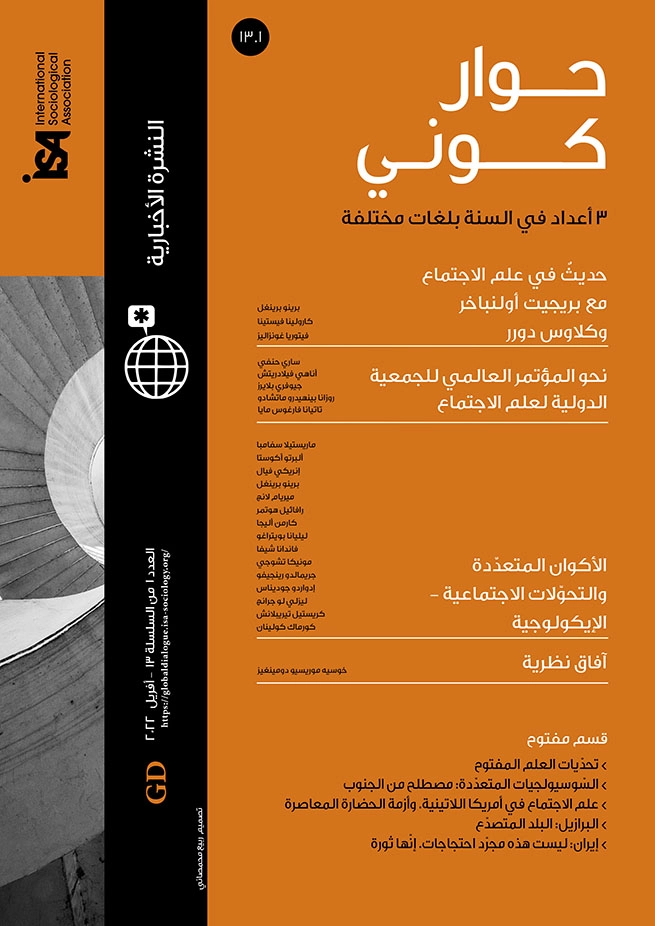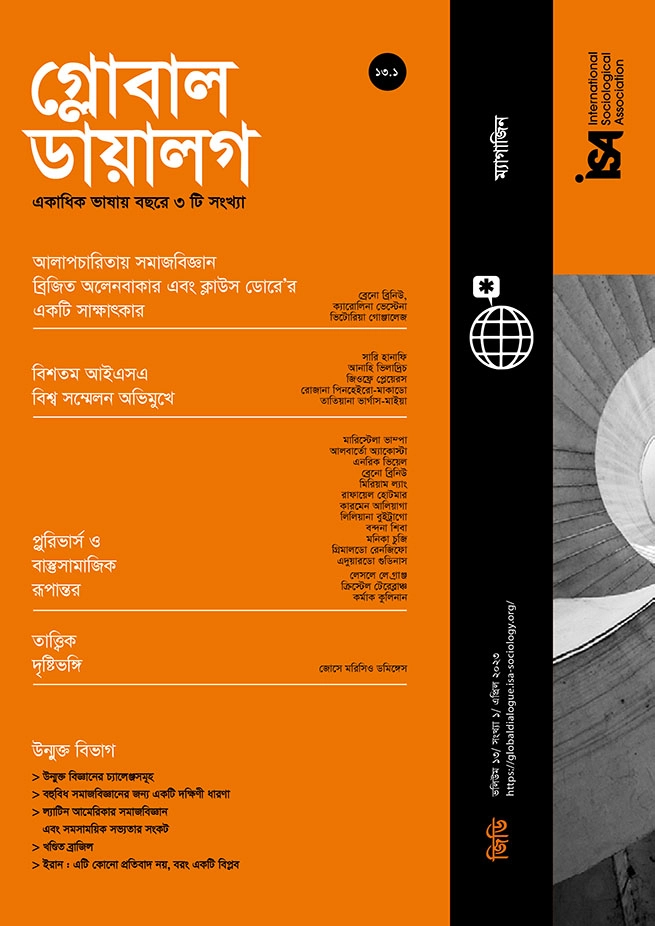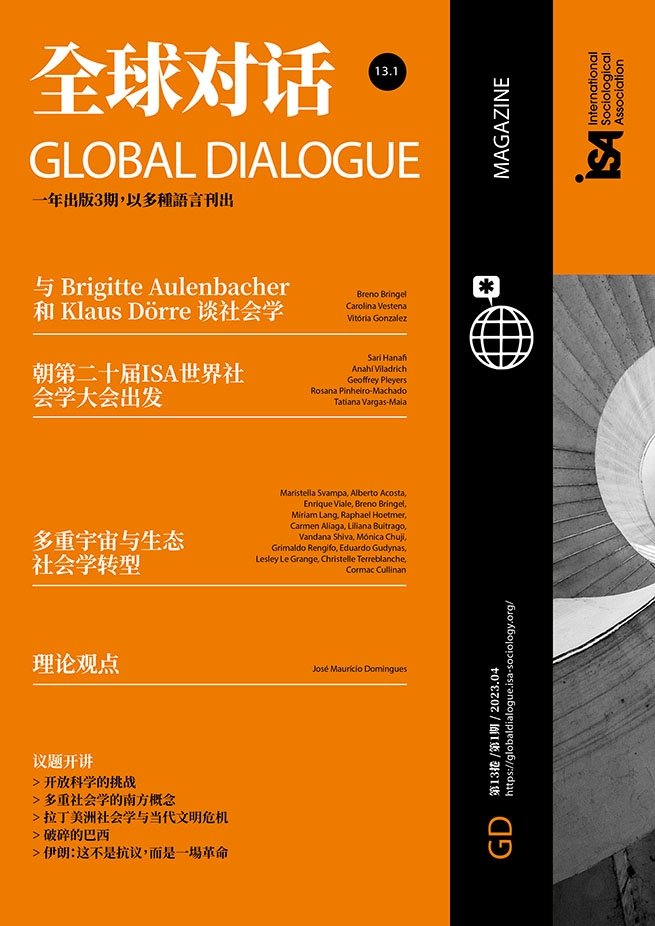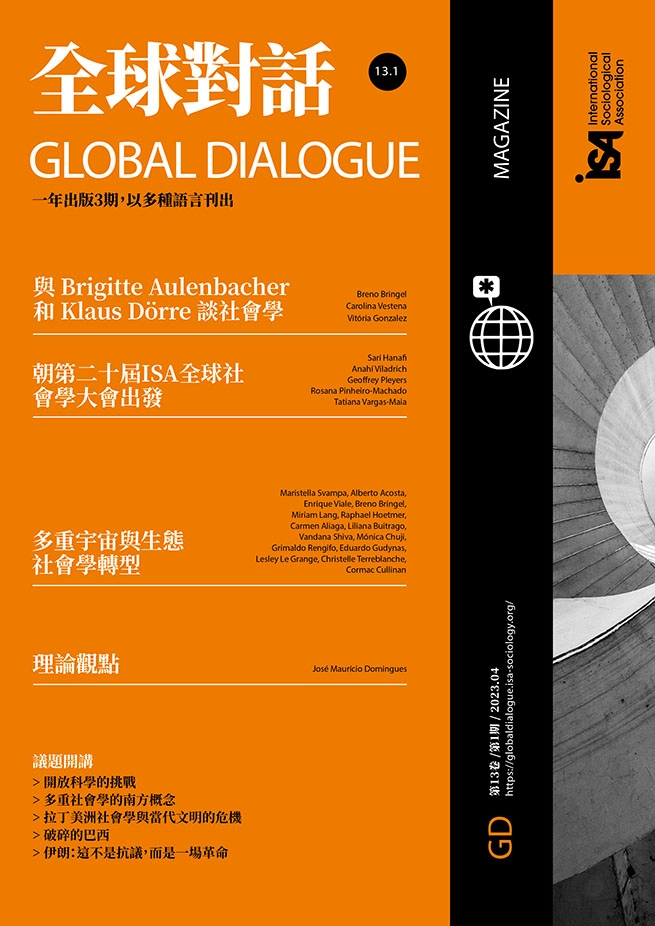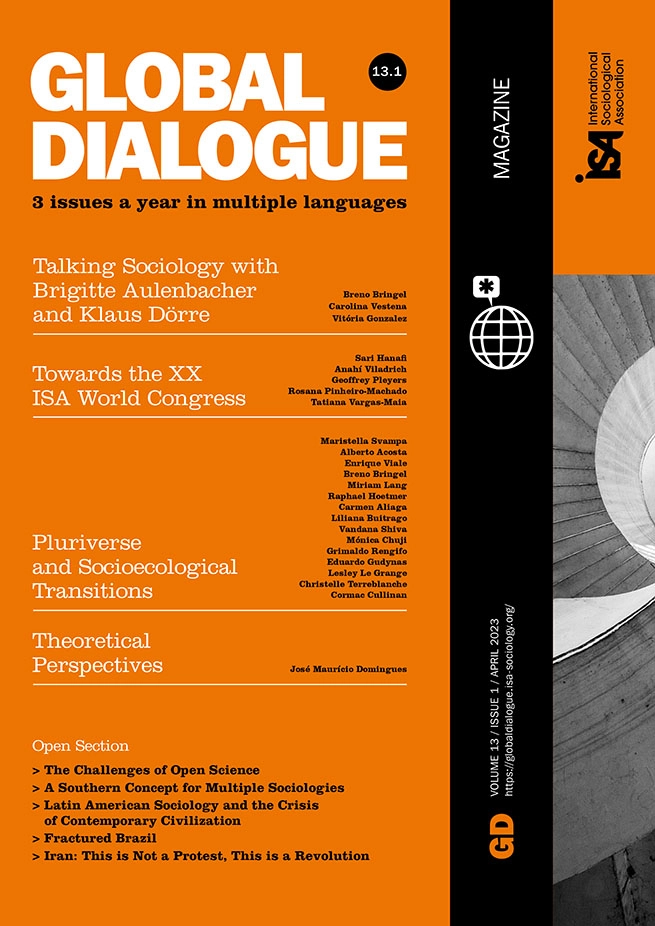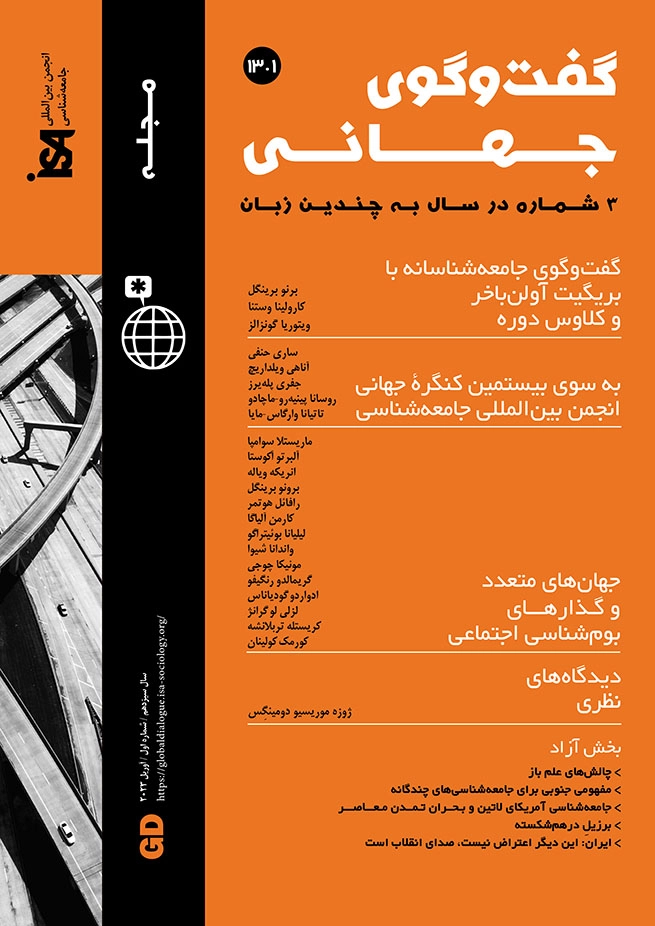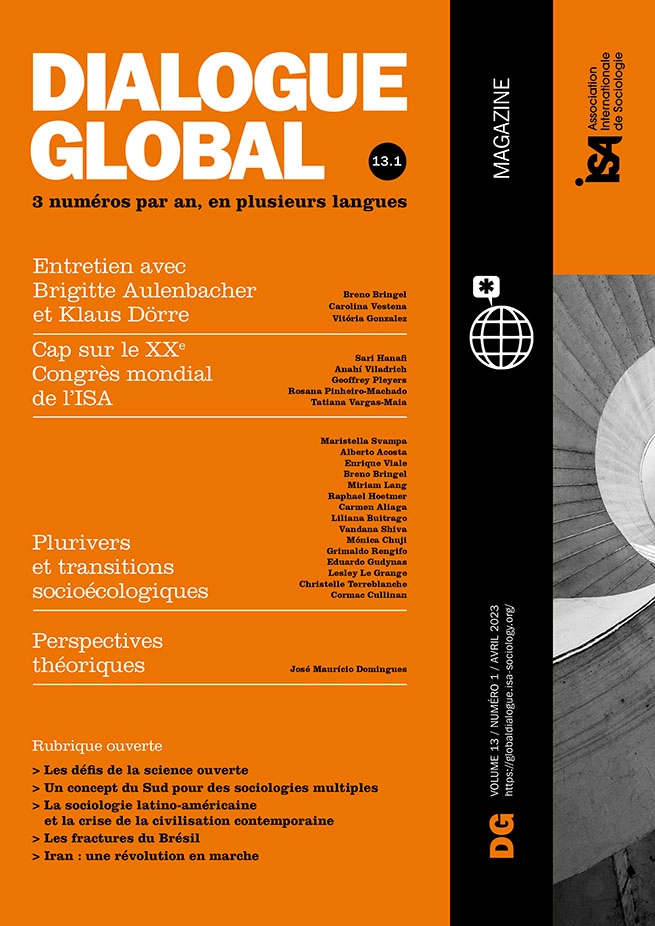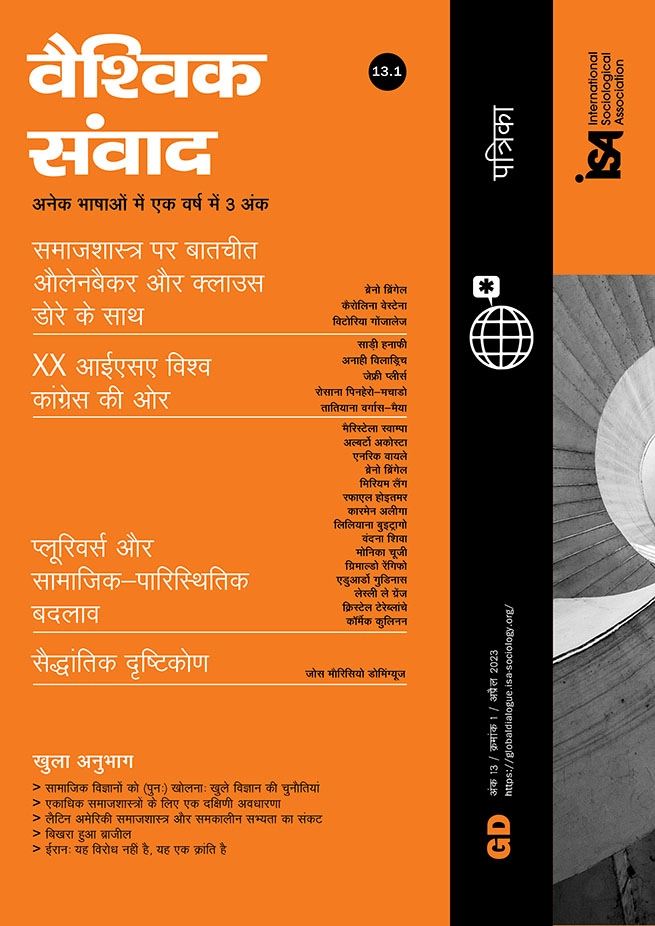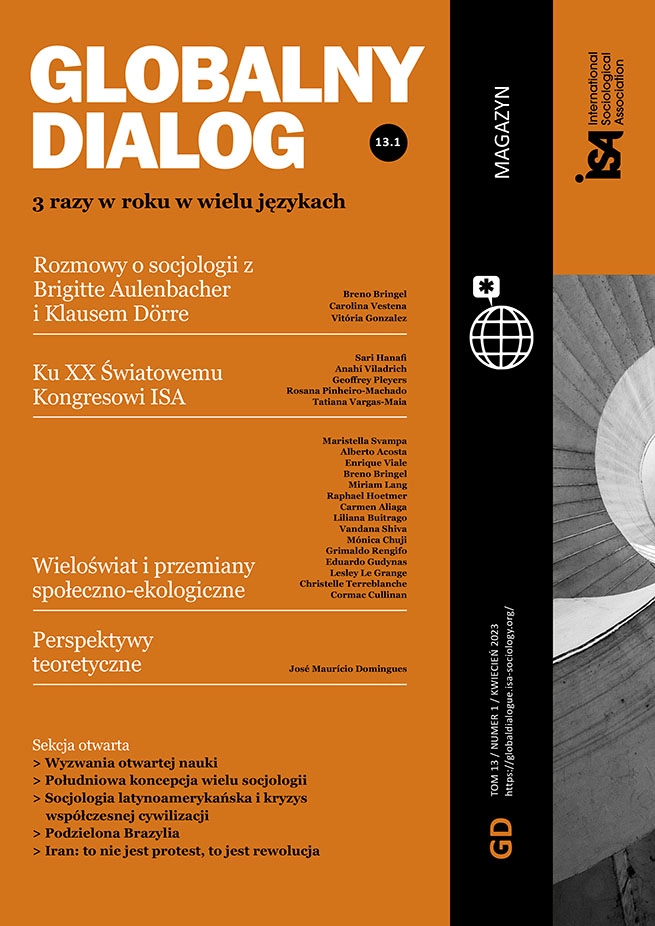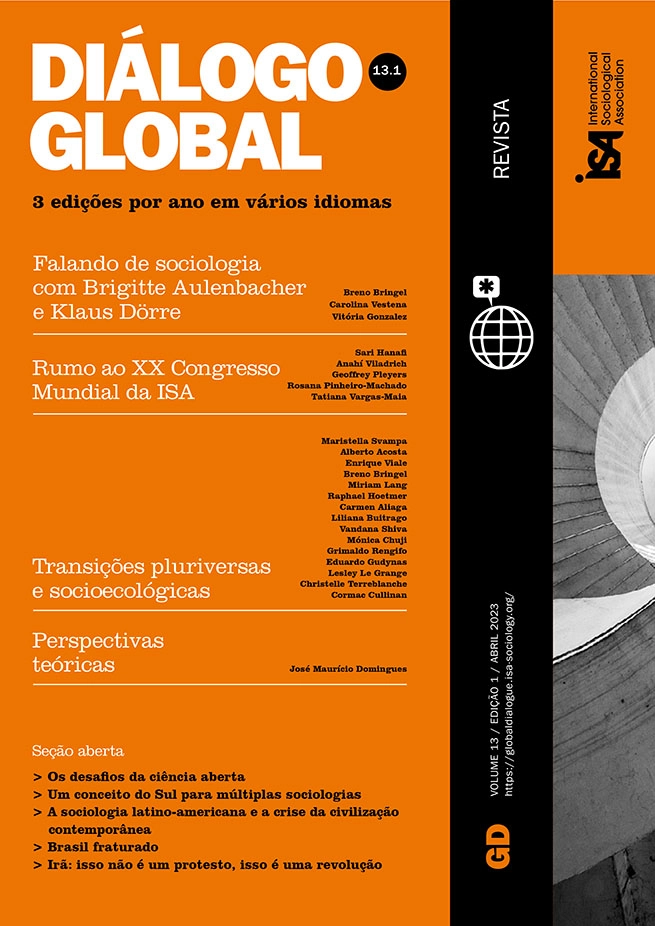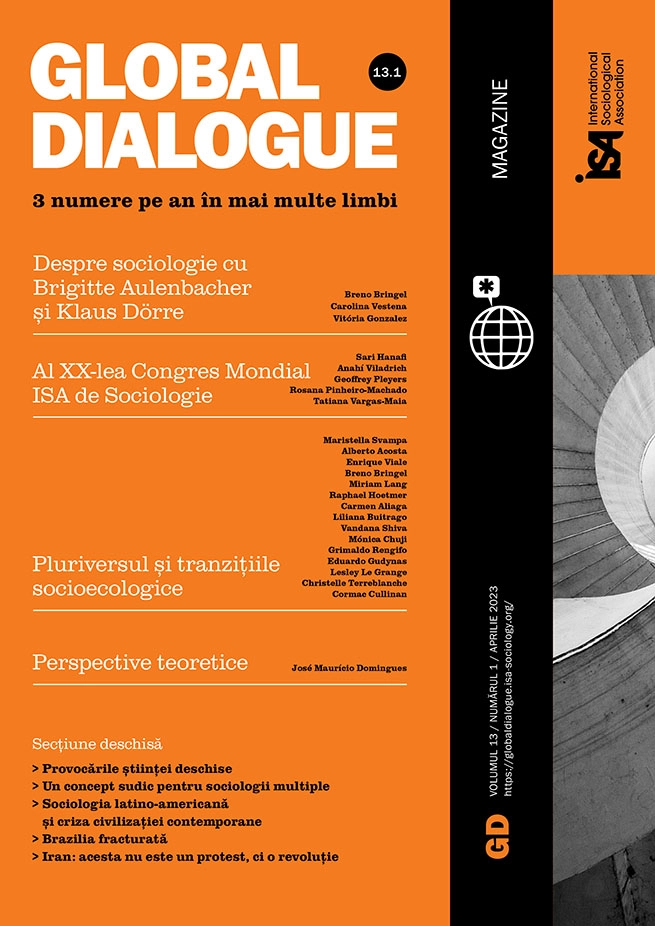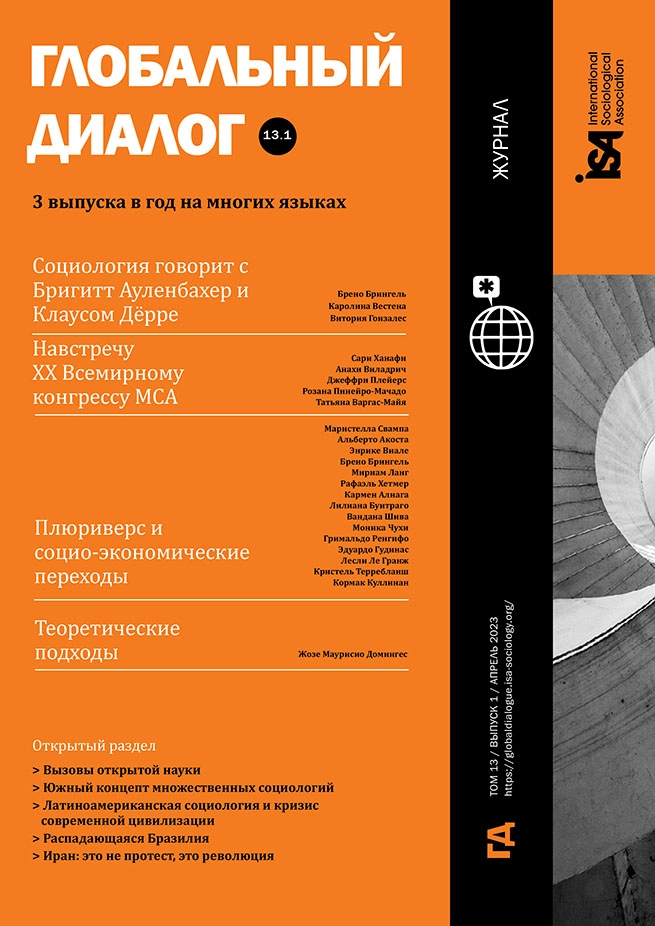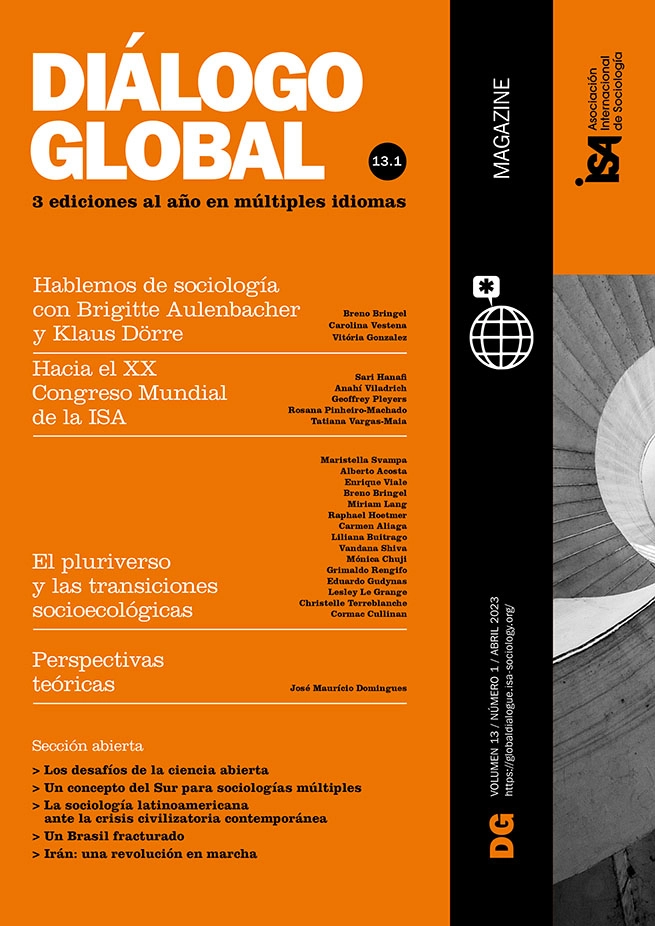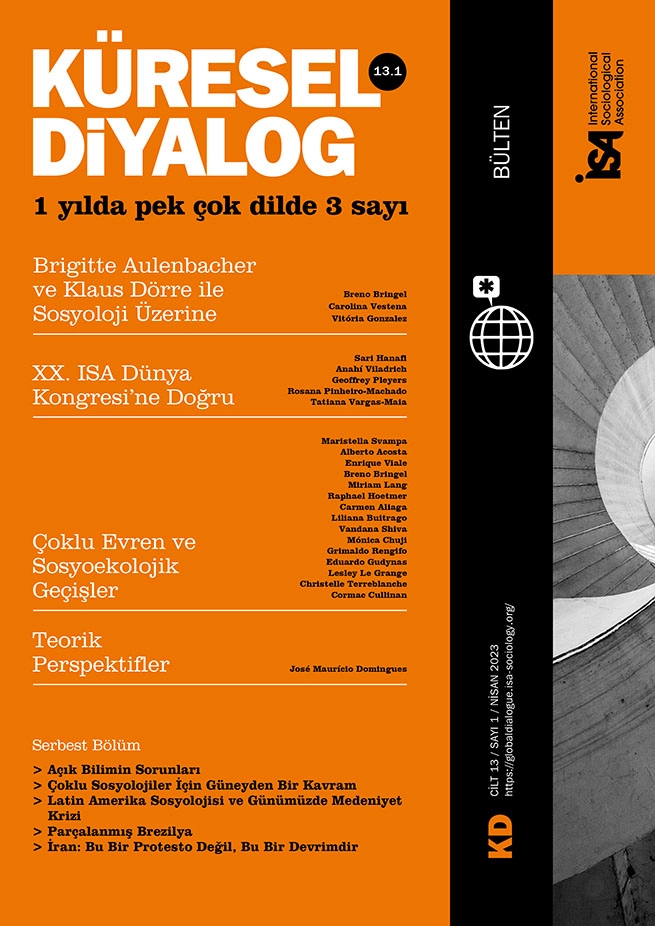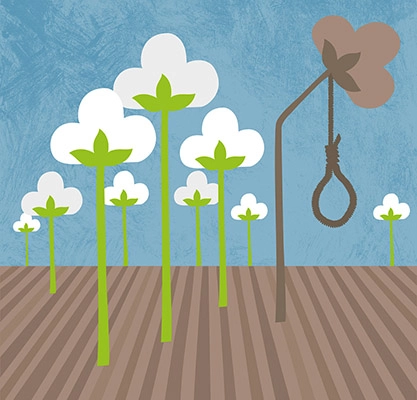We need to move beyond the discourse of ‘development’ and Gross Domestic Product (GDP) as shaped by capitalist patriarchal thinking, and reclaim our true humanity as members of the Earth family. As Lessem and Schieffer write in their book Integral Economics: “If the fathers of capitalist theory had chosen a mother rather than a single bourgeois male as the smallest economic unit for their theoretical constructions, they would not have been able to formulate the axiom of the selfish nature of human beings in the way they did.”
Capitalist patriarchal economies are shaped through war and violence – wars against nature and diverse cultures, and violence against women. And while the objective is to own and control the real wealth that nature and people produce, there is an increasing replacement of material processes with economic fictions such as “the logic” of competitive markets. Separation is the key characteristic of paradigms emerging from the convergence of patriarchal values and capitalism. First, nature is separated from humans; then, humans are separated based on gender, religion, caste, and class. This separation of what is interrelated and interconnected is the root of violence – first in the mind, then in everyday actions. It is not an accident that social inequalities of the past have taken a new and brutal form with the rise of corporate globalization. It is often observed today that in accordance with current trends, 1% of the global population will soon control as much wealth as the remaining 99%.
Today, corporations claim legal personhood surpassing the rights of real people. But the distancing of fictitious constructs from real sources of wealth creation has gone even further. Finance is now substituted for capital, with tools and technologies that allow the rich to accumulate wealth as “rentiers” while doing nothing. Money making in the financial economy is based on speculation; and financial deregulation lets the rich speculate using other people’s hard-earned wages. The idea of “growth” has emerged as the measure of success among individuals and governments. It speaks of a form of development and its crises: global experiences and a paradigm designed by capitalist patriarchal Big Money, just for Big Money to grow bigger.
What the paradigm of economic growth fails to take cognizance of is the destruction of life within nature and society. Both ecology and economics are derived from the Greek word oikos which means home, and both words imply a form of household management. When economics works against the science of ecology, it results in mismanagement of the Earth, our home.
The climate crisis, the water crisis, the biodiversity crisis, the food crisis are all different symptoms of mismanagement of the Earth and her resources. People mismanage the Earth and destroy her ecological processes by not recognizing nature as the “real capital” and “source” of everything else derived from it. Without Nature and her ecological processes that sustain life on Earth, the grandest economies collapse and civilizations disappear.
Under the contemporary neoliberal development model, the poor are poor because the 1% has grabbed their livelihood, resources, and wealth. We see this today in the displacement of both the communities from Rojava in the Middle East and the Rohingya people of Myanmar. Peasants are getting poorer because the 1% promotes an industrial agriculture based on the purchase of costly seeds and chemicals, which traps them in debt and destroys their soil, water, biodiversity, and freedom.
My book, Earth Democracy, describes how the Monsanto corporation monopolized the cotton seed supply through hyped-up marketing of engineered Bt cotton. Often forced into debt through the purchase of these expensive GMO seeds and other so-called Green Revolution technologies, some 300,000 Indian farmers have committed suicide over the past two decades, with most suicides concentrated in the cotton belt. I have started a rural research farm called Navdanya to counter these violent monopolies. We save the farmers’ own traditional varieties of organic cotton to distribute in the Seed Freedom movement.
If farmers are getting poorer, it is because the Poison Cartel – now reduced to three players: Monsanto Bayer, Dow Dupont, and Syngenta Chem China – makes them dependent on buying costly seeds and chemicals. Vertically integrated corporations, linking seed to chemicals to international trade to the processing of junk food, are stealing 99% of the value that farmers produce. They are getting poorer because “free trade” promotes dumping, destruction of livelihoods, and the depression of farm prices. Moreover, small farmers are actually more productive than large industrial corporate farms, without using environmentally damaging commercial additives such as fertilizers, pesticides, and genetically engineered seeds. By contrast, the global peasant union Via Campesina points out that traditional ways of provisioning not only allow more autonomy for farmers but can even mitigate the effects of global warming.
It goes without saying that the “growth economy” of the 1% is deeply anti-life, and many of its effects are felt by working people in the Global North as well. The Filipino peoples’ NGO IBON International affirms that if masculine violence was used traditionally to keep women exploitable both as productive workers and reproductive bodies, now masculine violence works in the service of capitalist profit making. People everywhere are getting poorer because governments captured by the 1% impose profit-making privatization policies for health and education, transport, and energy, reinforced by World Bank and IMF mandates.
Workers, farmers, housewives, and nature at large are made into “colonies” by the dominant capitalist patriarchal economic paradigm. The capitalist model of development by globalization expresses a convergence of two forms of violence: the power of ancient patriarchal cultures combined with the modern neoliberal rule of money.
Vandana Shiva, Navdanya Research Foundation for Science, Technology and Ecology, New Delhi, India <vandana@vandanashiva.com> / Twitter: @drvandanashiva
